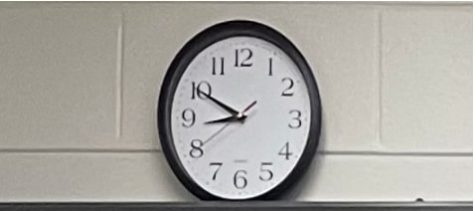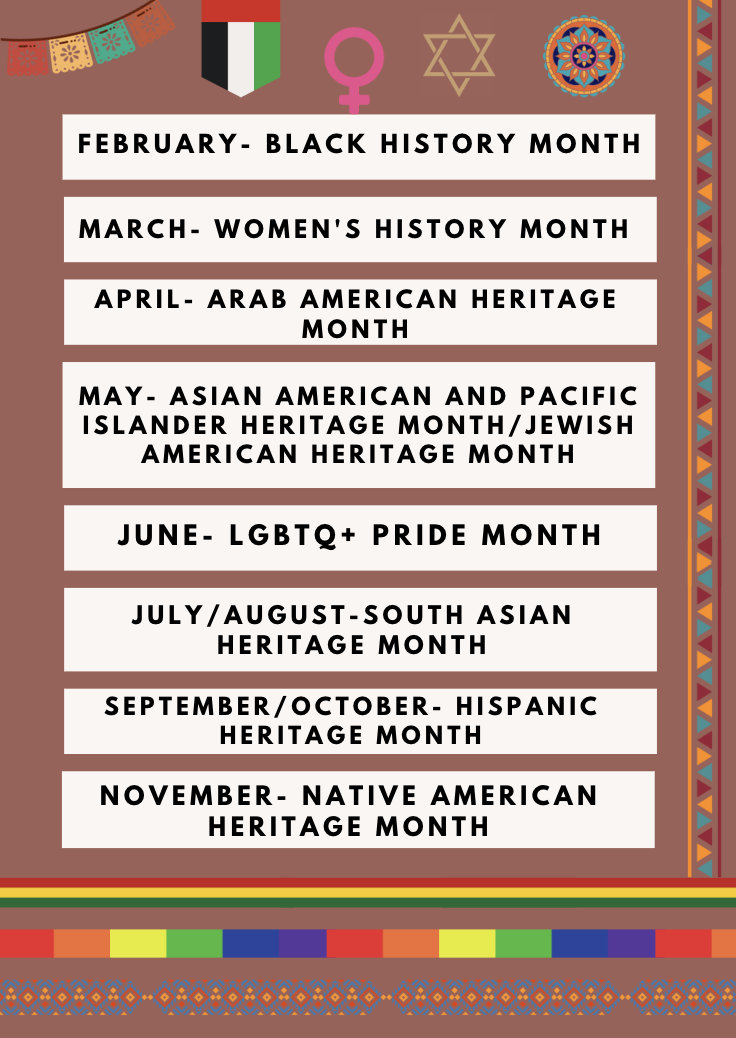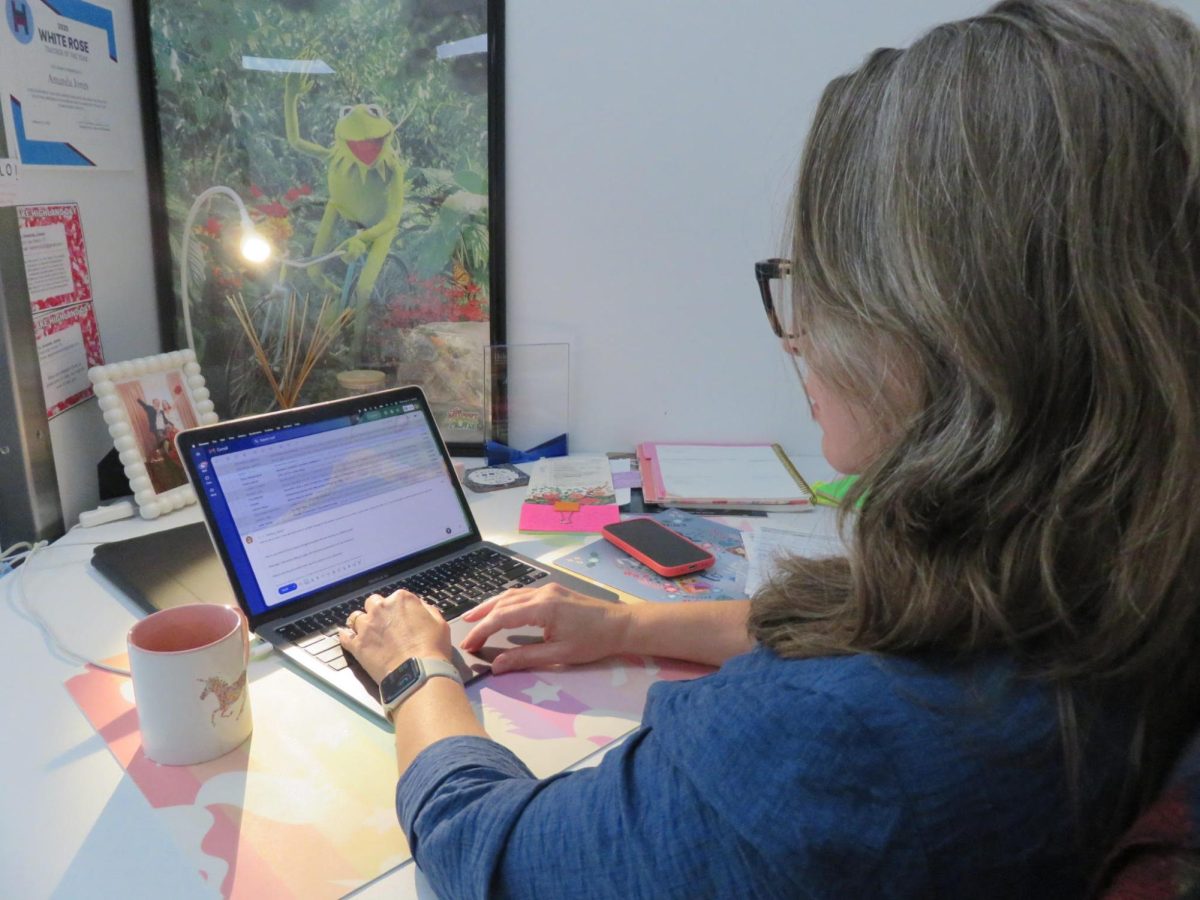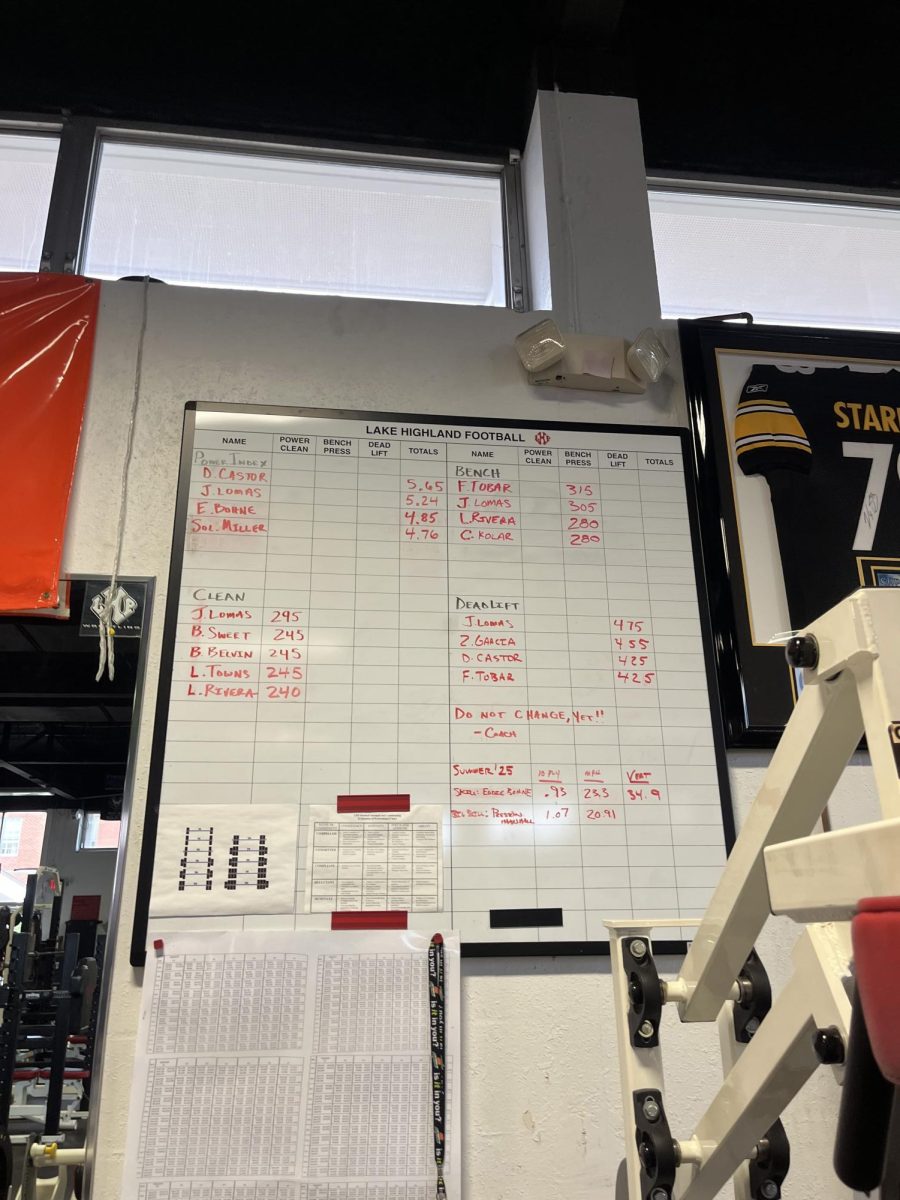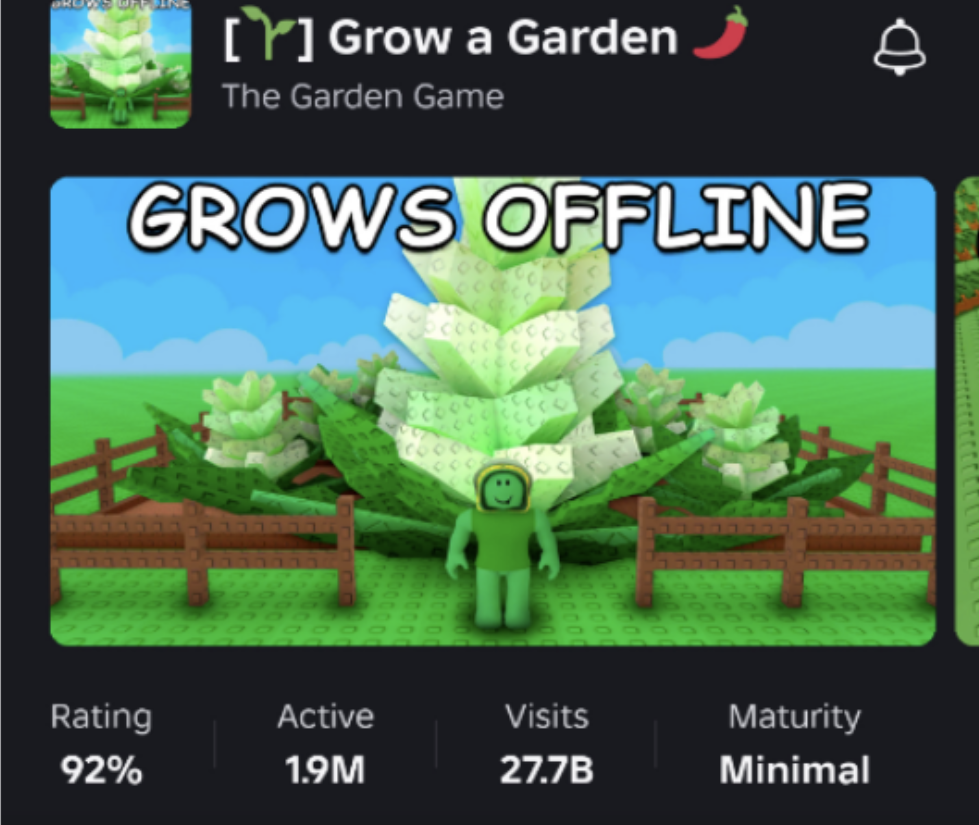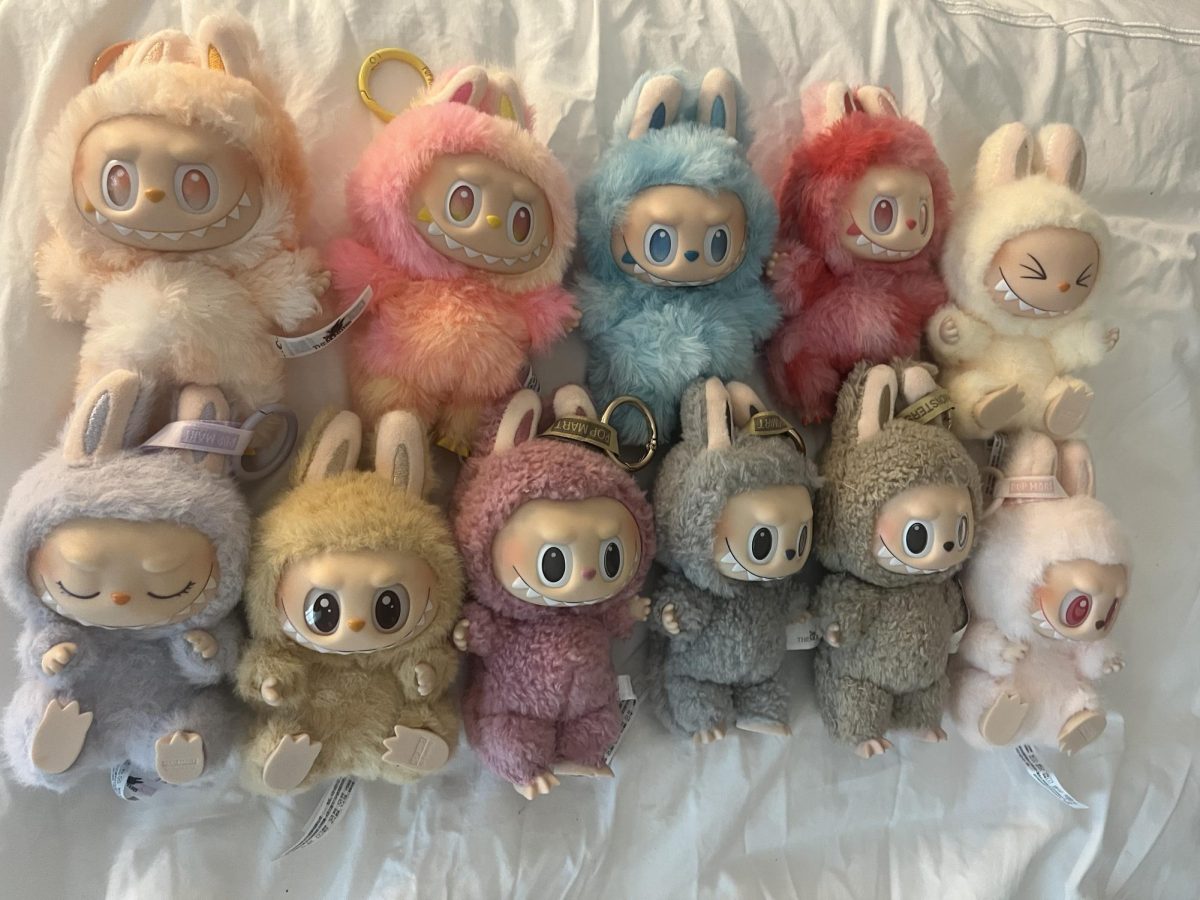Exposing the Science Behind Attention Spans

(Above) Phones can be locked by Screentime. People can set a daily amount of time per app category. Once the time runs out, this icon pops up and the user can- not use the app for the rest of the day. All photos by Anthony George.
April 10, 2023
Humans are really bad at paying attention. According to a study done by Harald Weinreich, when visiting a website most people only read 20% of the words on the page. Even goldfish are better at paying attention than humans, as goldfish with their nine seconds beat our 8.25. Well, that part isn’t exactly true because scientists haven’t figured out how to measure the attention span of a goldfish. How do you measure an attention span anyway?
Jim Flan created the Attention Network Test, or for those that hate long words, the ANT. The ANT revolves around three attention-based decision making skills: alerting, decision making, and oriental (spacial targeting). These three things most effectively measure the attention span of a human being. It was 12 seconds in 2000, leaving a 25% dropoff. So why are the attention spans of humans decreasing at such a fast rate?
The key lies in one word: overstimulation. As the word itself suggests, the brain is overwhelmed with information. Technology, specifically the widespread and unrelenting use of technology, is to blame for us being compared to goldfish. We have marketed ourselves into even shorter attention spans because of the golden age of social media. TikTok is a perfect example of this.
The staff from wallroomedia.com explains that we spend an average of one and a half hours on TikTok and other social media every day. The constant scrolling through 20 second content, and the dopamine we get from it, has a direct negative effect on our brains, especially for developing children.
Imagine a world where people have such short attention spans that society is changed permanently, imagine everything from jobs, to chores, to lectures at school changing. In order to prevent such a fantasy becoming reality in the future, what can every person do to increase his or her attention span? All the articles online talk about sleeping, drinking water, and exercising, all of which help a lot when it comes to keeping the body in the condition of peak performance. But in order to truly start reversing the negatives, two things are the most important. The first thing is to set app time limiters for the phone and actively document how much time you spend on social media each week (using a time limit app). People have made a habit of checking their phones, especially when it is completely unnecessary. They also have a habit of getting carried away on various apps.
The second thing that will help people the most is reading slowly and watching long videos like documentaries or movies about things of interest. This will allow the brain to get used to longer pieces of media, and the brain will start to make a habit of not skipping words as much while reading. Reading slowly helps the reader process the information better, especially if gimmicks are used like tapping the syllables of the words being read or following the words with one’s finger. Attention spans, now more than ever, are shortening at an alarming rate. Being unable to pay attention to a 15 minute lecture would make college absolutely impossible.
Attention spans are the key to surviving classes, learning boring material, and excelling at jobs. Going out of the way to increasing an already declining attention span will go a long way. The choice is up to you, goldfish, whether or not you want to spend the rest of your life in the fishbowl.
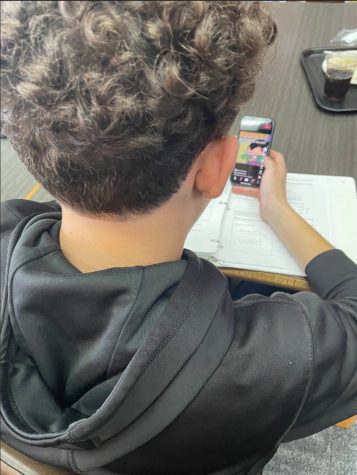
of time. Longer attention spans are beneficial to a person when he or she interacts with others or attempts to study.
All photos by Anthony George.
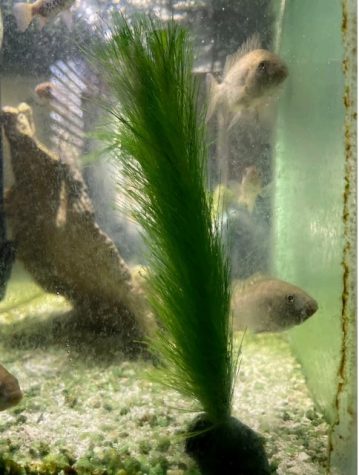
scrolling format is guaranteed to pique the interest of
the user.
